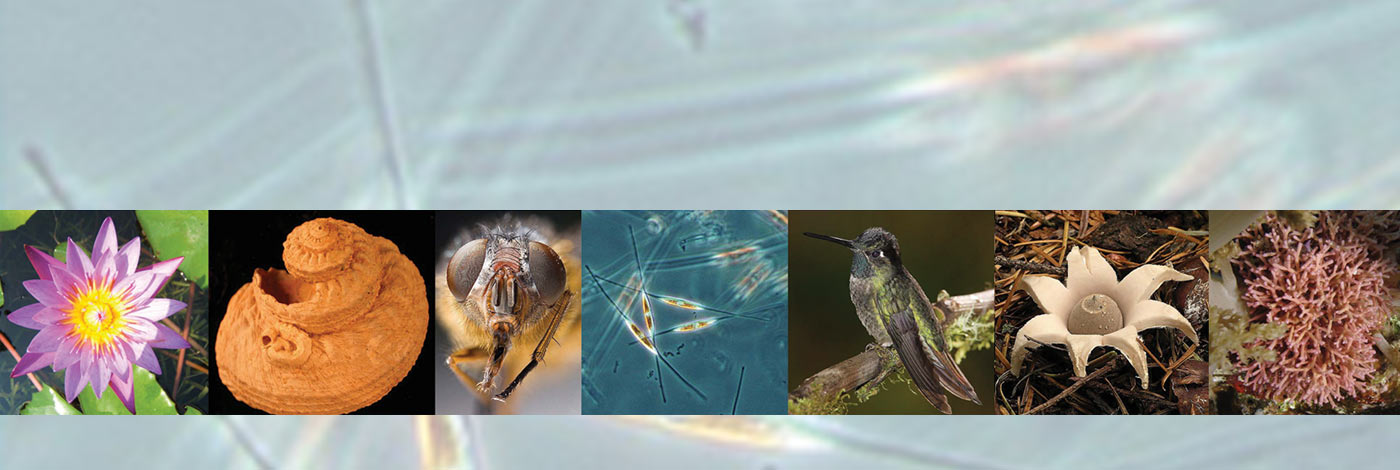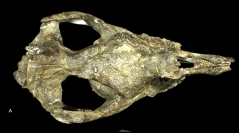

 European Journal of Taxonomy
753 (1) - Pages 1-80
European Journal of Taxonomy
753 (1) - Pages 1-80Ronzotherium is one of the earliest Rhinocerotidae in Europe, which first appeared just after the Eocene/Oligocene transition (Grande Coupure), and became extinct at the end of the Oligocene. It is a large-sized rhinocerotid, with a special position in the phylogeny of this group, as being one of the earliest-branching true Rhinocerotidae. However, its intra-generic systematics has never been tested through computational phylogenetic methods and it is basically unknown. Its taxonomical history has gone through numerous complications, and thus we aim to provide here a complete revision of this genus, through phylogenetic methods. After a re-examination of all type specimens (five supposed species) as well as of most well-preserved specimens from all over Europe and ranging through the complete Oligocene epoch, we performed a parsimony analysis to test the position of some problematic specimens. According to our results, five species can be distinguished, Ronzotherium velaunum (type species), R. filholi, R. elongatum and R. romani as well as a new species: R. heissigi sp. nov. We also drastically re-interpret its anatomy and show that the ‘short-limbed’ “Diaceratherium” massiliae, described from Southern France, can be considered as a junior synonym of R. romani. Finally, we exclude the Asian species “Ronzotherium” orientale and “Ronzotherium” brevirostre from Ronzotherium and we consider R. kochi as a junior synonym of R. filholi.